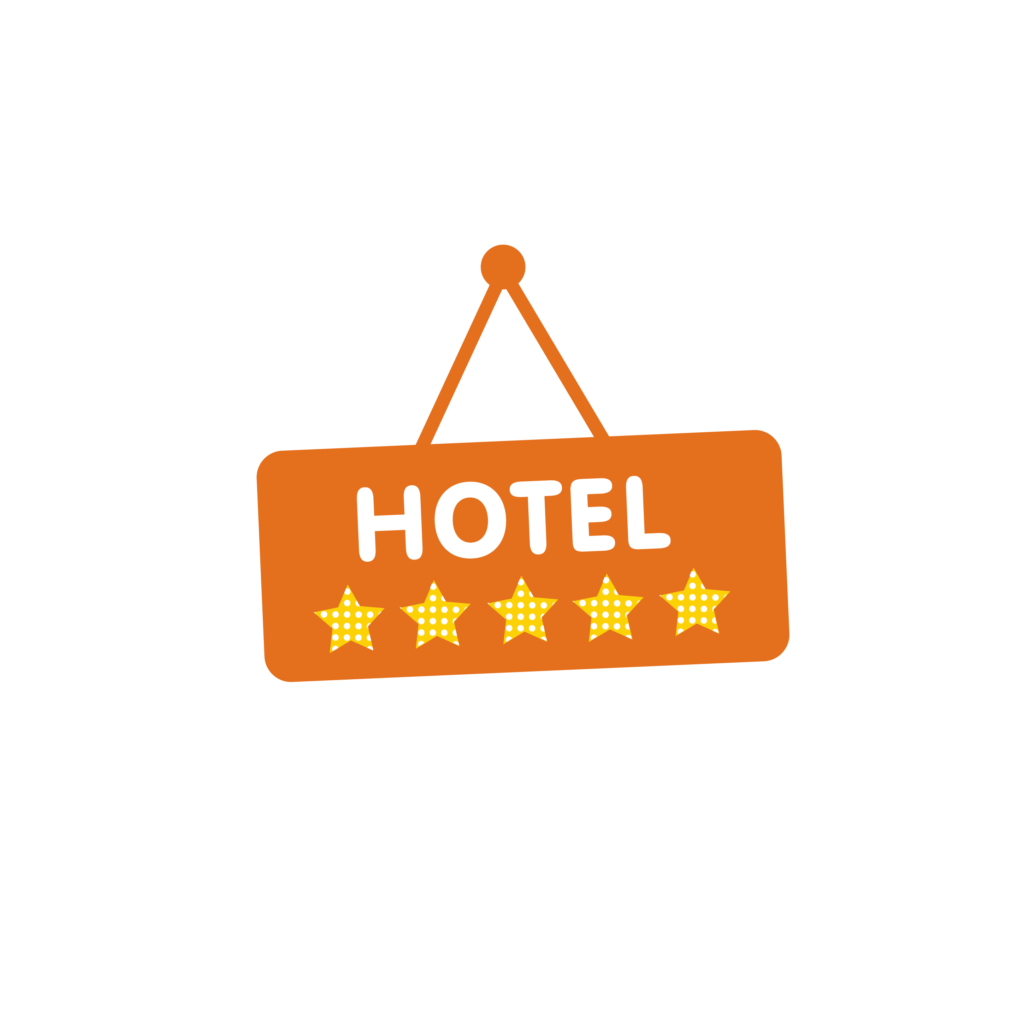20 February 2019
Those who haven’t yet abandoned their Facebook profiles in favour of Twitter or Instagram have probably been flooded with ‘10 year challenge’ photos (a social media trend involving sharing a current picture of yourself alongside a picture from 10 years ago). Some friends have fundamentally changed, moved out, married or had kids, whereas some seem remarkably similar - if not for a few more greys or a little less hair. What if the hotel sector had a Facebook profile? What are the key feature changes since the midst of the recession in 2008/09?
The power of the consumer
Successful hotels have always focused on ‘guest experience’, but in the past decade the stakes have been raised tenfold. An off par meal or poor night’s sleep is all that is needed for a guest to vent their dissatisfaction on social media. Equally, hotels offering a unique experience, or a great event venue will benefit from free advertising as photos from hundreds of smart phones circulate the internet. Engaging with social media is a must for all hotels.
Staffing, staffing, staffing
In 2008/09 almost every hotelier I spoke with would include staffing as one of their main headaches. Whether struggling to find staff for regional hotels, struggling to retain managers and team leaders or simply struggling to cover their growing payroll expense, this was a headache. Ten years on this has not changed. In fact, National Minimum Wage increases in excess of inflation have made staffing more costly and the Brexit decision has made sourcing staff much harder. This challenge is expected to get much worse.
Personalised experiences
In 2008, technology was seen as a way of increasing guests or cutting administrative costs. In 2019, for many this is still the case. However, the more adventurous or high end hotels are beginning to use technology to personalise their guest experience. With accumulated guest data, hotels can contact guests in advance of a stay with activity recommendations and complementary offers based on their previous activity. They can greet them by name at the point of check in and book them into their ‘usual’ room, and send an automated email for brief, but important feedback after their stay to improve the service next time. In fact, some hotels have done away with the reception desk altogether removing the barrier between the receptionist and the guest and some are proponents of using AI for check in, freeing up staff time for other guest interactions. Watch this space. With increasing pressure on staffing, technology adoption may be forced to increase.
If the hotel sector had a Facebook profile, it would undoubtedly have a façade of reliability and consistency, unchanged by time. However look a little closer and there are a number of ways it has reinvented itself this past decade. More interesting still are the changes yet to come.
If you have any queries or would like to discuss this issue further, please contact your local UHY adviser. Alternatively, fill out our contact form here.
References:
Historic inflation Great Britain - CPI inflation, inflation.eu
National Minimum Wage and National Living Wage rates, gov.uk
How technology is changing the hotel industry and the impact on guest experiences, Rentokil
How consumers drive trends in hospitality management, StayNTouch Blog

